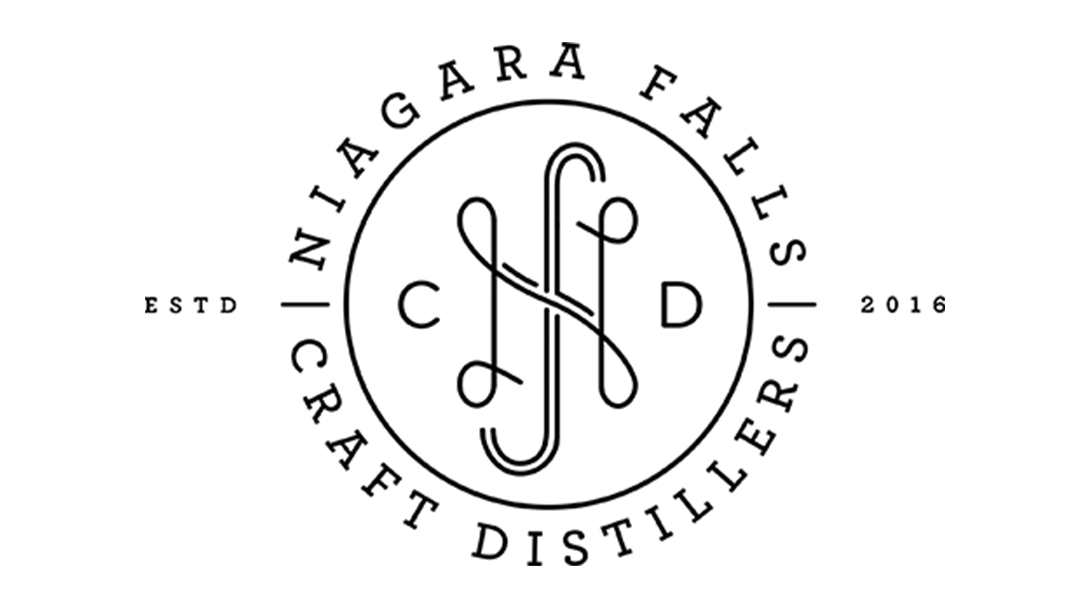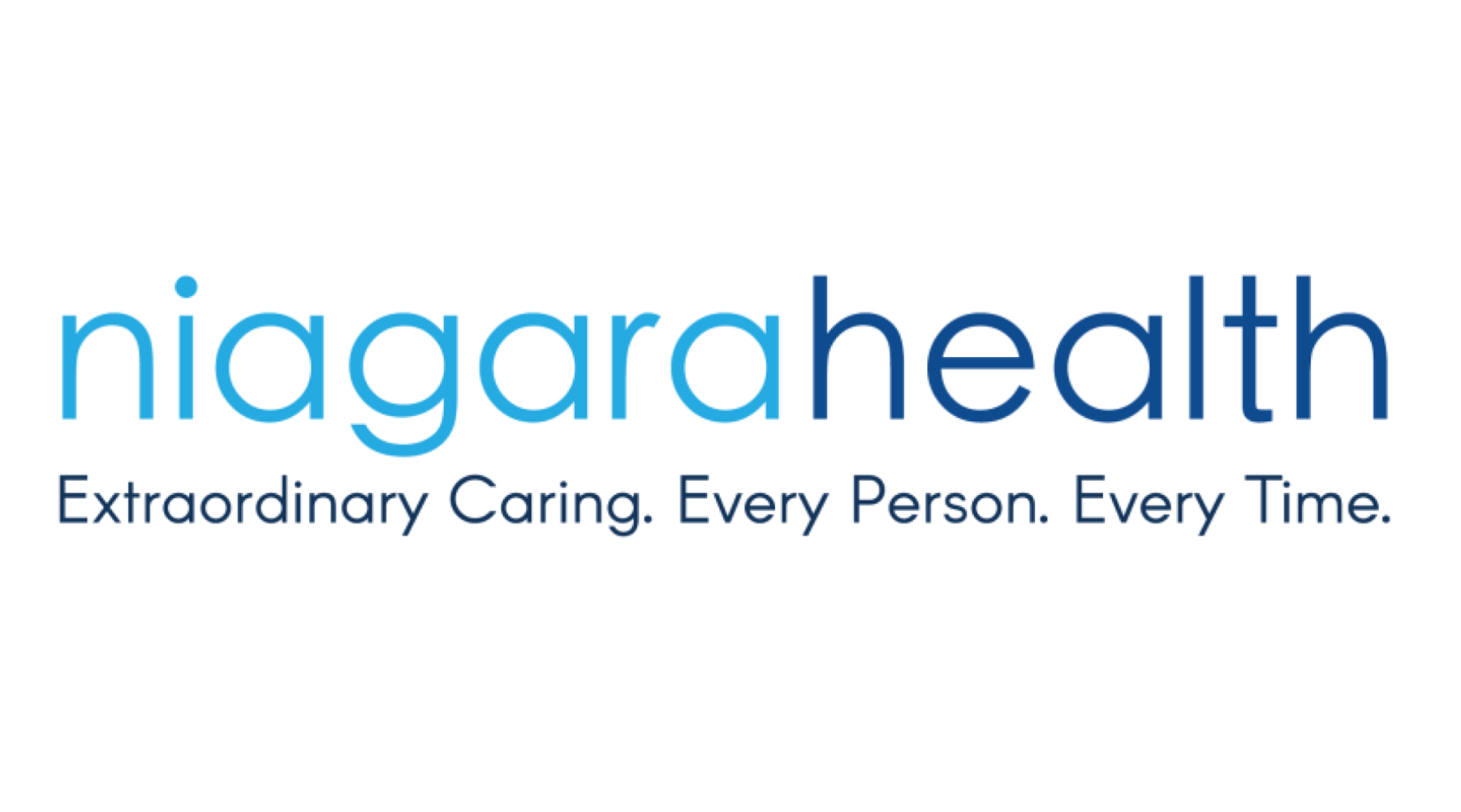
Vital updates:
- The Ontario government, in consultation with the Associate Chief Medical Officer of Health, has amended orders O. Reg 364/20: Rules for Areas in Stage 3 and O. Reg. 263/20: Rules for Areas in Stage 2, under the Reopening Ontario (A Flexible Response to COVID-19) Act, 2020, implementing additional measures for restaurants, bars, and other food or drink establishments. In order to keep patrons of restaurants, bars, and other food or drink establishments safe, the amended orders will implement the following measures:
- All patrons will be required to be seated at all times, in both indoor and outdoor areas, with limited exceptions; and
- Bars and restaurants (and also tour boat operators) in Ontario will be required to keep client logs for a period of 30 days and to disclose the client logs to the medical officer of health or an inspector under the Health Protection and Promotion Act on request, which will support case and contact tracing.
- Complementary changes are being made in respect of existing provisions relating to tour operators and tour boat operators.
- Businesses and sectors unable to open or facing significant difficulties in operating under the current restrictions are invited to visit Ontario.ca/reopen to submit a reopening proposal. Businesses are also encouraged to use the government’s guide to develop a workplace safety plan. Government officials will work collaboratively with them on a plan to safely reopen, where feasible. The plan will be considered by public health officials and the Ontario Jobs and Recovery Committee as part of Ontario’s approach to Stage 3.
- The Ontario government will move DriveTest centres into the second phase of its reopening plan beginning on Tuesday, August 4. 2020 road testing for class G2 and all motorcycle licences will resume and the number of locations offering commercial driver road tests will expand. To reduce crowding and support physical distancing, most DriveTest centres will continue to serve these customers based on the date of the customer’s birth. Customers who need road tests should visit DriveTest.ca to schedule a test. The government has also temporarily extended the expiration dates of all driver’s licenses and has asked that Ontarians take advantage of this and avoid visiting a DriveTest centre unless absolutely necessary.
- Prime Minister Justin Trudeau said the Canadian Emergency Response Benefit will be phased out as the first people to receive the $2,000 (US$1,494) monthly payments start losing eligibility at the end of August. Those who don’t immediately qualify for employment benefits will receive a stipend while the government reworks the country’s employment system. As of June, only 40 per cent of the 3 million jobs lost in March and April had been recovered. About 8.5 million Canadians, more than 40 per cent of the labor force, received at least one CERB payment. The program has already delivered $63 billion in benefits. Trudeau said premiums for employment coverage wouldn’t increase during the crisis.
- The Prime Minister, Justin Trudeau, and the Premier of Ontario, Doug Ford, today announced that COVID Alert, a new national mobile app, is now available to Canadians for free download. The app, first developed in Ontario, helps notify users if they may have been exposed to someone who has tested positive for COVID-19. It can be downloaded for iOS (Apple) and Android devices.
- The Niagara Region mask bylaw is now in effect. Please review Wednesday’s update for more details. If you have questions, you can contact the GNCC or Niagara Region for assistance.
Reading recommendations:
- Coronavirus: US economy sees sharpest contraction in decades, staff writer, BBC News
- There aren’t enough batteries to electrify all cars — focus on trucks and buses instead, Cameron Roberts, The Conversation
- The End of Open-Plan Everything, Amanda Mull, The Atlantic
- When a Brand Stands up for Racial Justice, Do People Buy It? Geeta Menon & Tina Kiesler, Harvard Business Review
If you are showing symptoms, you must self-isolate for a minimum of 14 days. Call a public health authority immediately. Do not visit any healthcare provider in person before you have been directly advised to by public health authorities.
Remember that a COVID-19 test is only a snapshot of your health on the specific date and time the swab was taken. No testing is perfect and a negative result doesn’t mean you haven’t been exposed to COVID-19. You can still develop symptoms days after your test was taken.
It is important that everyone practice physical distancing to prevent the spread of COVID-19. Maintain a 2-metre distance from other people. When maintaining distance is impossible, use a face mask. Wash hands frequently and thoroughly. Avoid touching the face. If you have recently traveled outside the country, you are legally required to self-isolate for 14 days.
Previous updates can be accessed here.
Stay safe and be vigilant. The GNCC is here to support you. Contact us with any questions you have.





